The Elder Scrolls V: Skyrim wasn’t just another RPG—it set the standard for what a first-person fantasy game could be. With Oblivion Remastered rekindling interest in the genre, the question remains: why hasn’t anyone tried to make a Skyrim clone?
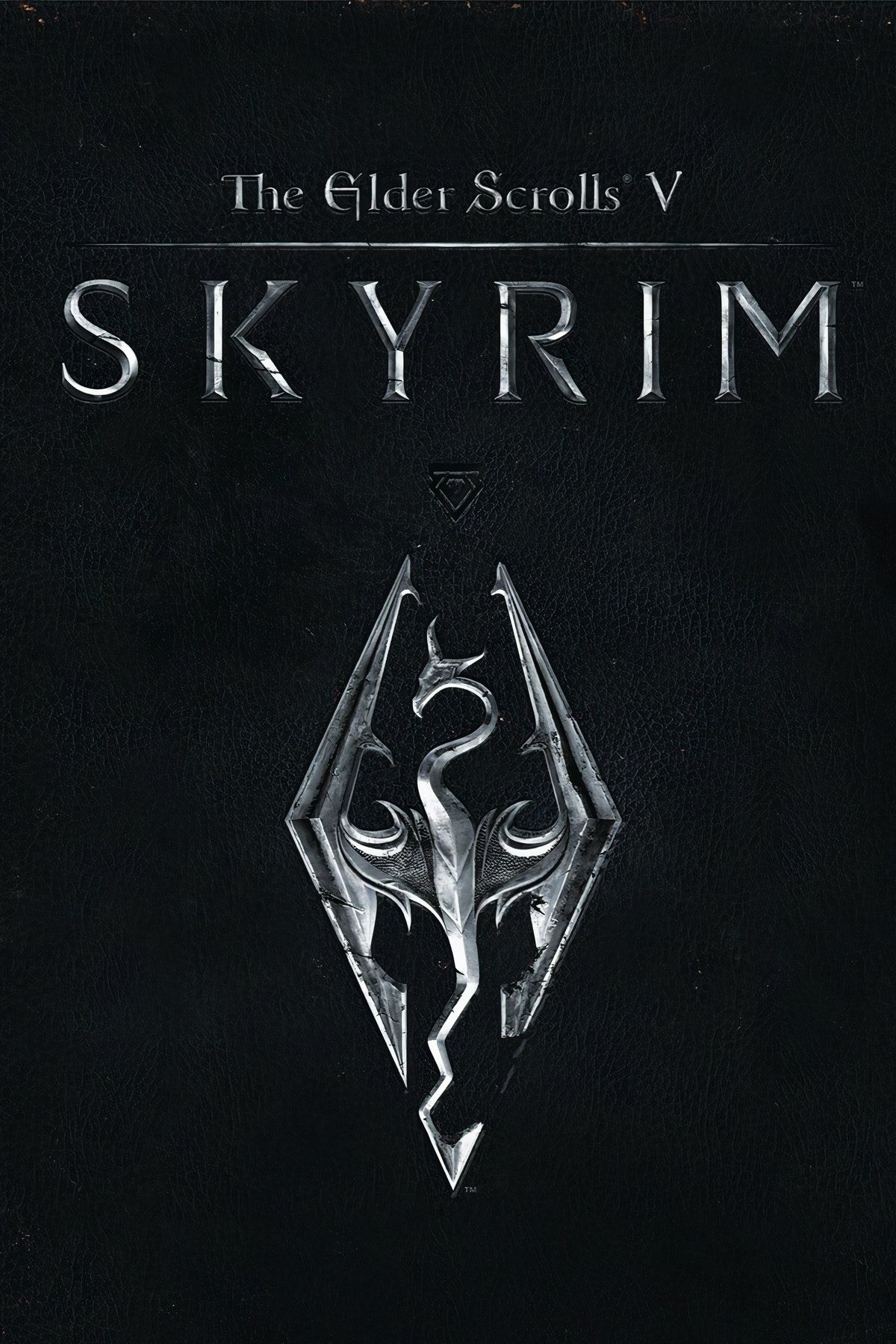
Skyrim
- Released
-
November 11, 2011
- ESRB
-
M for Mature: Use of Alcohol, Blood and Gore, Intense Violence, Sexual Themes
- Developer(s)
-
Bethesda
- Publisher(s)
-
Bethesda
All the Things Skyrim Got Right
Before I talk about modding, let’s start with the base game itself. On its own, Skyrim is one of the best games ever made—and that’s not just my nostalgia speaking. By 2023, it had sold over 60 million copies, as reported by Game Rant, making it one of the best-selling games of all time.
What made Skyrim so special wasn’t just one specific thing—it was how the different elements all came together to create the best dark medieval fantasy game there is.
Let’s start with combat. While it seems simple at first, combat hides plenty of depth beneath its surface. The game restricts you to only equipping one or two weapons or spells at a time, with a few more available using the number keys and favorites menu, which forces you to make quick decisions on the fly.
Of course, you can always pause the game and use the menu to pick a spell, but the real fun comes from managing your loadout in the heat of the battle. If magic were real, would you be able to remember how to cast thirty different spells on the fly, especially when you realistically only need five or six at any given moment?
This leads me to my next point. The sheer variety of spells and weaponry is a dream come true for any fantasy fan: there are daggers, one-handed swords, greatswords, battleaxes, shields, bows, fireballs, ice spikes, fear and calm spells, conjuration, restoration, and much more. On top of that, there’s a stealth system that you can base your whole build around, like the notorious stealth archer build.
To access more powerful spells, weapons, armor, enchantments, potions, and more, Skyrim’s skill-based progression system has everything you need. Each level-up and perk point feels incredibly meaningful. Do you add a point to One-Handed to increase your damage output, or do you finally unlock Soul Siphon in the Enchanting tree so your sword enchantment recharges automatically? The choice is entirely yours.
Aside from combat and skills, Skyrim has an amazing story to tell—or rather, dozens of them.
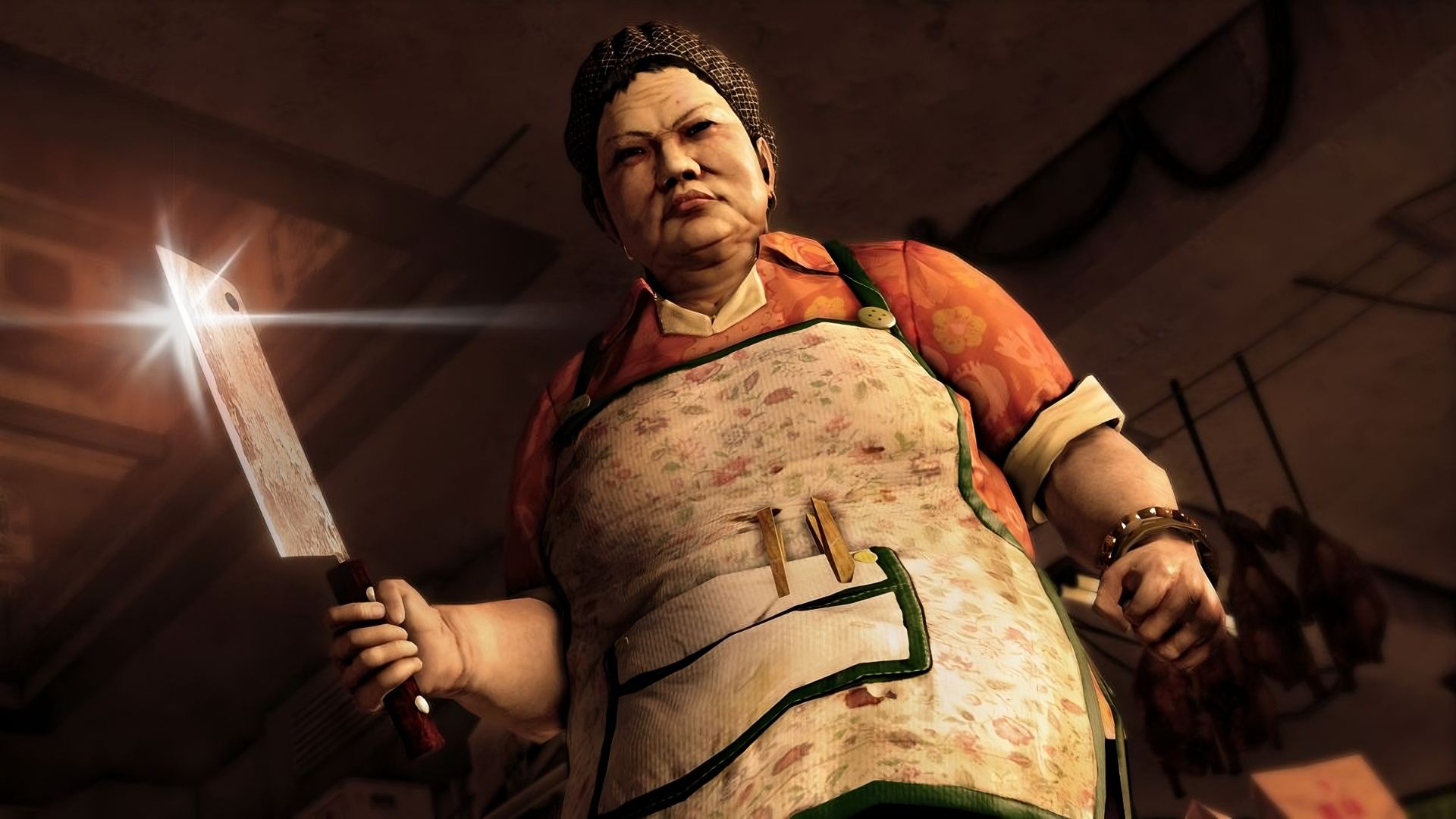
Related
12 Games with Amazing Stories That Stuck With Me Long After I Finished
These games occupy a special place in my mind.
While the main story is a fairly standard fantasy tale about defeating a world-eating dragon, the real content is hidden in the other, more intriguing questlines, many of which have an entire book’s worth of lore on their own. These side quests often lead to powerful Daedric artifacts, unique weapon and armor sets, new abilities, and more.
Your playthrough isn’t locked into a single area or limited by the main story, so you’re free to start and stop quests whenever you like. Choices made matter, and sometimes, a choice made in one quest can affect the outcome or add dialogue in an entirely different one. Even the guards spread rumors about your actions and their consequences, which adds to the immersion and world’s depth.
And then there are the mods. It’s what truly made Skyrim stand out among its peers. Whether you’re after a simple UI overhaul, Thomas the Tank Engine in place of dragons, or a total conversion mod, the modding community has it all. The base game already had strong staying power, but mods took it even further.
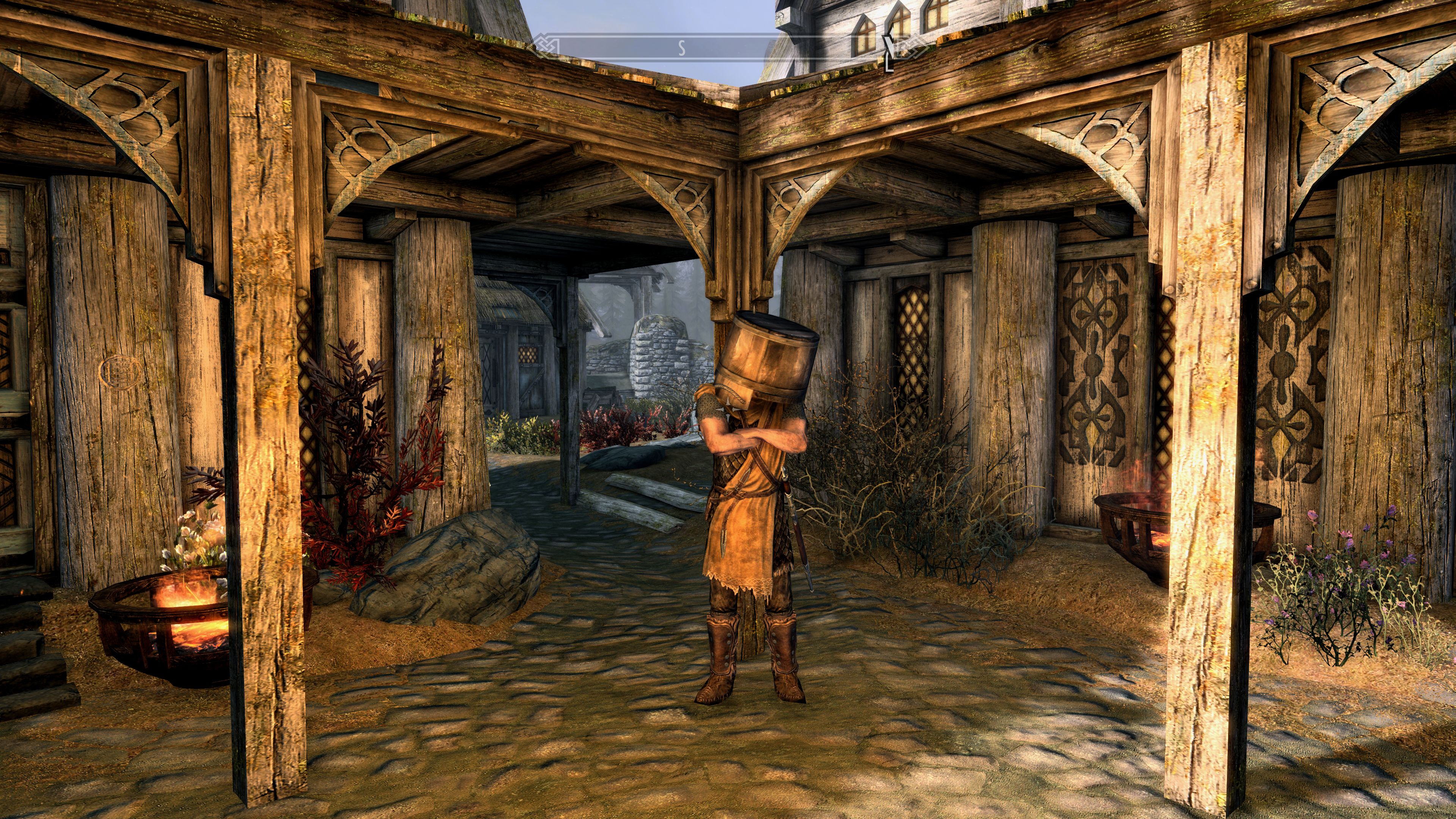
Related
Everything You Need to Know Before Modding Your First PC Game
Because who likes vanilla?
Games That Borrow the Skyrim Formula (But Aren’t Quite the Same)
While there are many games that look and play a bit like Skyrim, none of them fully capture what made it special. Bethesda’s own projects, like Starfield and Fallout, share some core mechanics but are set in vastly different worlds. They feel more like Skyrim’s space and post-apocalyptic cousins than true successors.
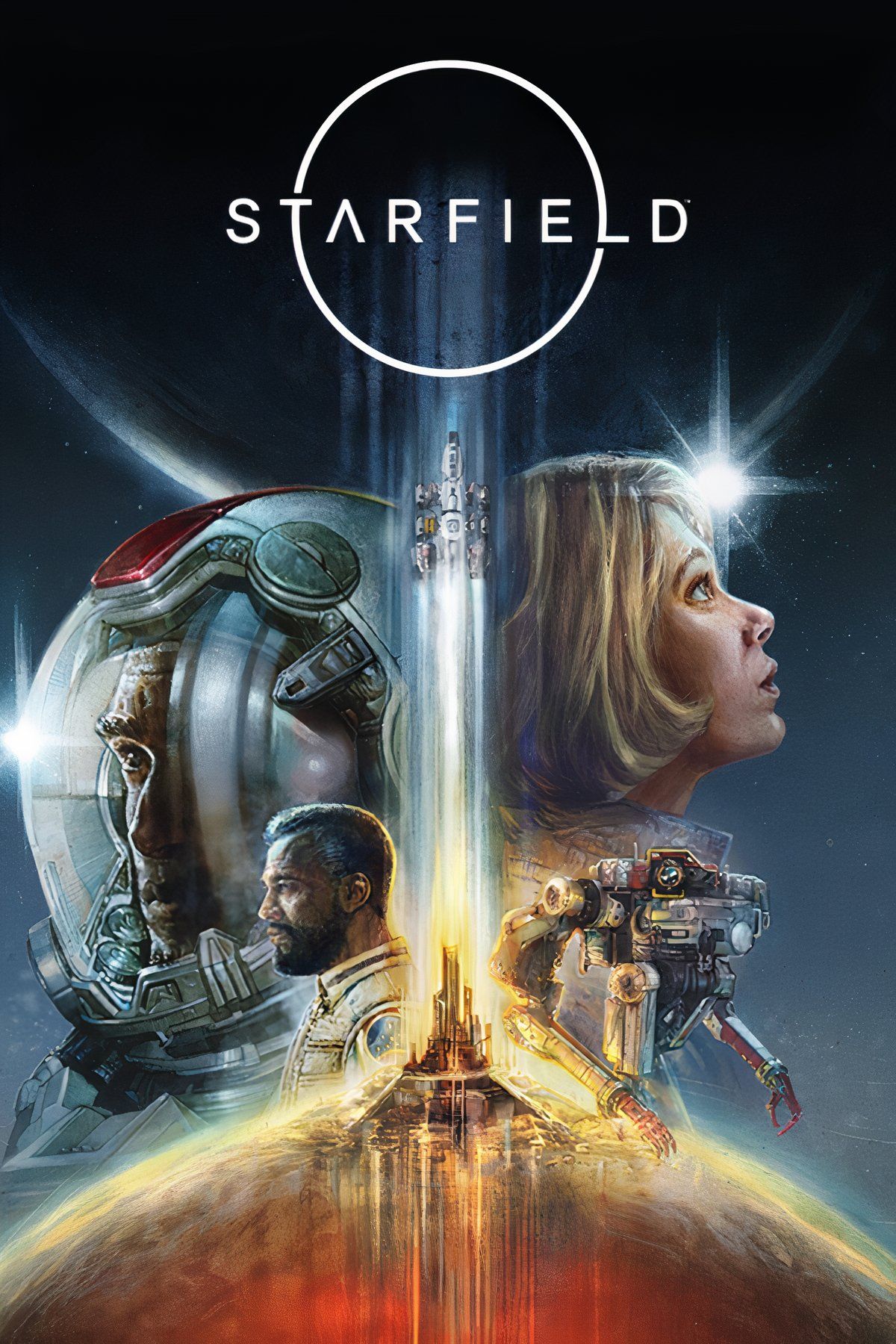
Starfield


- Released
-
September 6, 2023
- ESRB
-
M For Mature 17+ Due To Blood, Suggestive Themes, Use of Drugs, Strong Language, Violence
- Developer(s)
-
Bethesda
- Publisher(s)
-
Bethesda
Other games seem loosely inspired by Skyrim, but they don’t come close to scratching that same itch.
Dishonored is more of a stealth-based steampunk action game than a fantasy RPG. Kingdom Come: Deliverance nails the medieval feel and immersive open world, but it’s firmly grounded in realism. Cyberpunk 2077 shares some of that Skyrim open-world ambition and jank, but once cars or guns enter the mix, it stops feeling like the same kind of game. The same goes for The Outer Worlds and Atomfall.
There are also some incredible medieval fantasy RPGs that simply aren’t in first-person, which instantly changes how they feel to play. Some of the many examples include The Witcher 3: Wild Hunt, Dragon Age: The Veilguard, Hogwarts Legacy, Baldur’s Gate 3 (which is turn-based), and Elden Ring (a soulsborne).
Realistically, the closest games to Skyrim that I’m aware of are Avowed and Tainted Grail: The Fall of Avalon. Unfortunately, Avowed isn’t open-world and doesn’t seem to be trying to replicate Skyrim anyway (not to mention the game’s lack of polish). On the other hand, Tainted Grail: The Fall of Avalon is an indie title with some technical roughness and less depth, but it might be the closest thing we have to Skyrim.
Oblivion Remastered Shows There’s Demand—So Where Are the Games?
I guess it’s time to talk about the elephant in the room. The only game that’s truly just like Skyrim (for the most part) is its remastered predecessor, The Elder Scrolls IV: Oblivion Remastered. The shared story, universe, map design, and core gameplay all make the games quite similar.
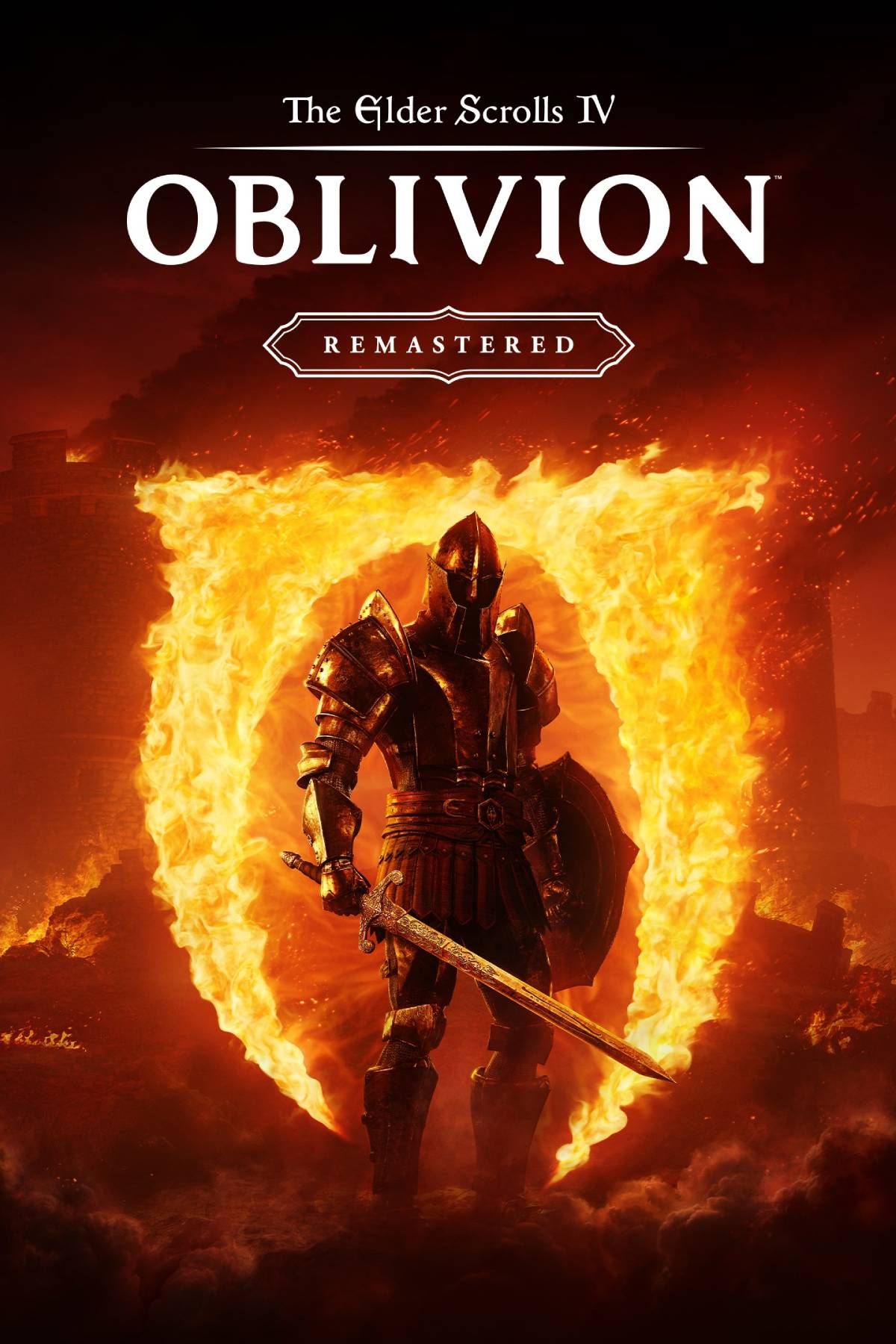
The Elder Scrolls IV: Oblivion Remastered
- Released
-
April 22, 2025
- ESRB
-
Mature 17+ // Blood and Gore, Sexual Themes, Violence
- Developer(s)
-
Virtuos, Bethesda
- Publisher(s)
-
Bethesda
Really, the biggest difference to me is that you can’t dual-wield spells and cast them using a secondary key or mouse button, which makes magic feel more like a support tool rather than the main weapon. Everything else looks and feels a lot like Skyrim.
Oblivion Remastered‘s strong sales in launch week showed us just how starved the market is for good first-person fantasy RPGs.
GTA has inspired numerous other games to follow its formula, which begs the question: where are all the Skyrim clones?
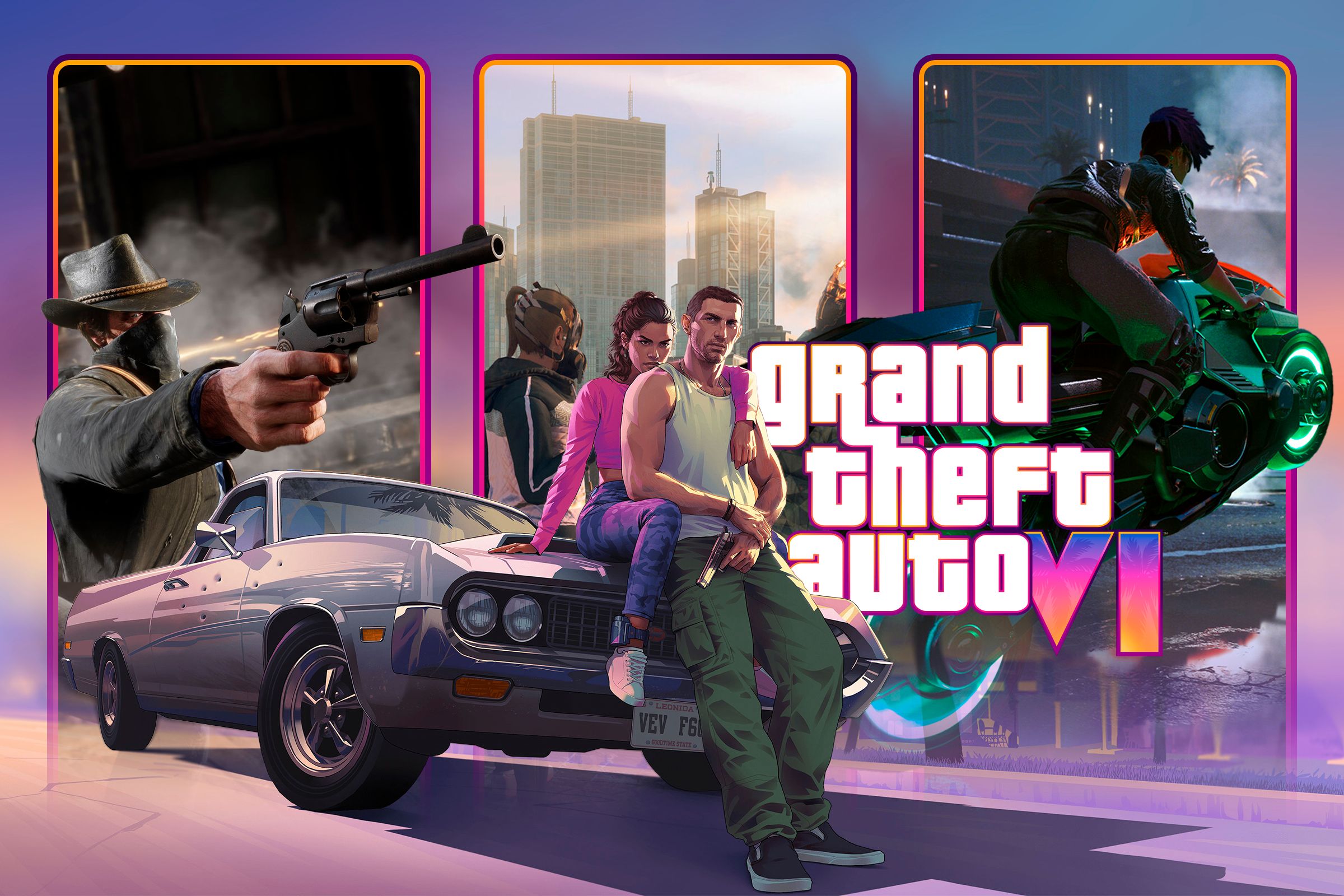
Related
GTA VI Is Delayed, but You Can Play These Similar Games Right Now
Who needs GTA VI when you can play these brilliant games instead!
I believe that it’s a combination of a few key factors. For one, clones are typically made by mid-sized studios (like Volition, the studio behind Saints Row), many of which have either been shut down or absorbed by larger publishers. Indie devs also make clones, but they simply lack the budget to deliver the scale, systems, and polish required to come even close to Skyrim.
The other major factor is the direction of the industry. Most big publishers are chasing live-service and mobile titles, which have the potential to earn more money with less effort. Others prefer to stick with safe, repeatable franchises like Assassin’s Creed and Far Cry. In the end, it feels like the responsibility and burden of first-person fantasy RPGs has been left entirely to Bethesda.
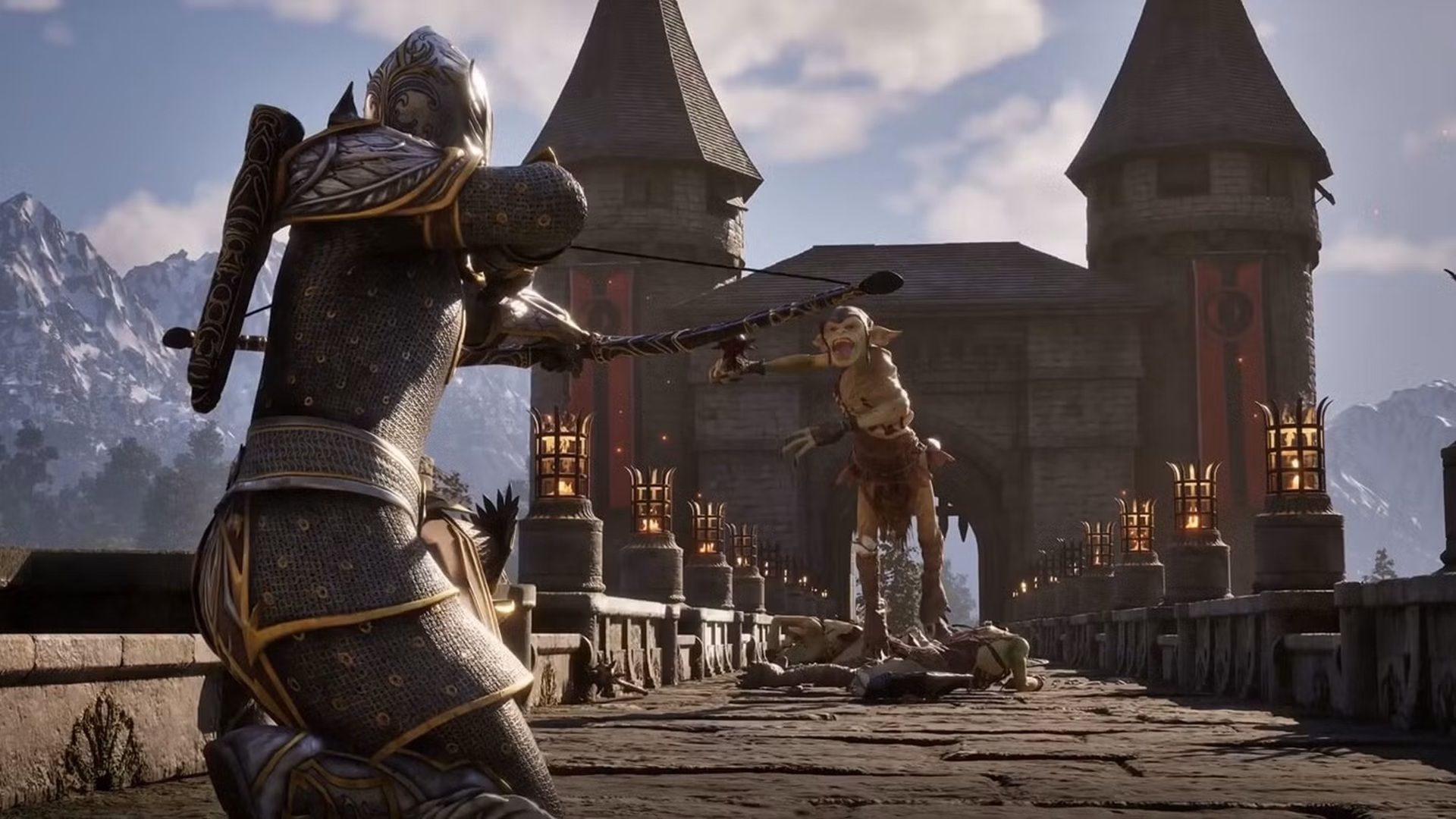
Related
10 Games That Should Get an Oblivion-Style Remaster
Rebuild it and they will come.
Although it’s been well over a decade since Skyrim set the gold standard for first-person fantasy RPGs, no other game has fully followed in its footsteps. Its blend of massive scale, immersive worldbuilding, open-ended storytelling, and unmatched mod support created something truly special that isn’t easy to replicate.
Fortunately, The Elder Scrolls VI has never been closer to release. Hopefully, its scale and quality will dwarf that of Skyrim. But until then, I’ll be exploring everything Oblivion Remastered has to offer.


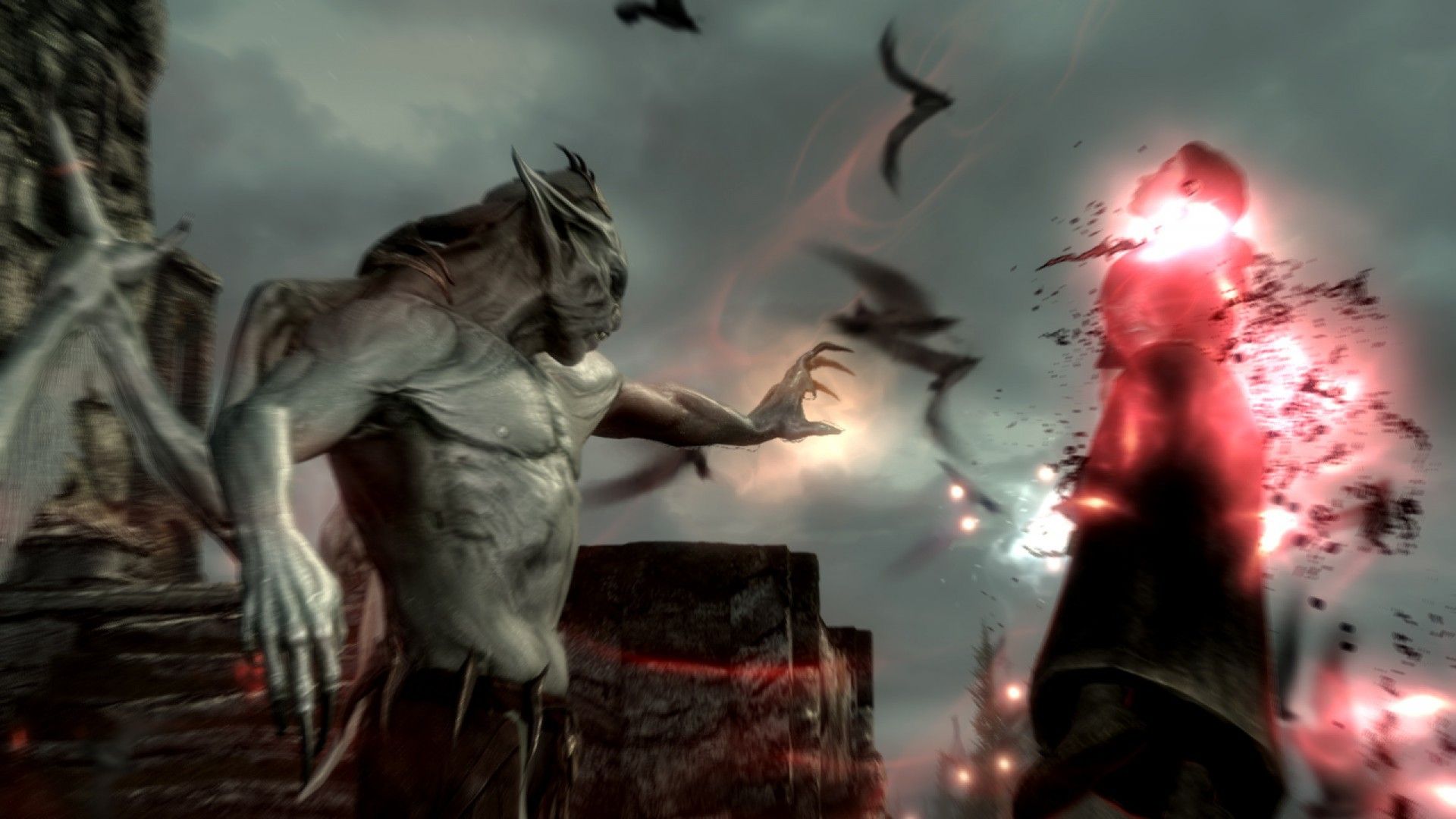
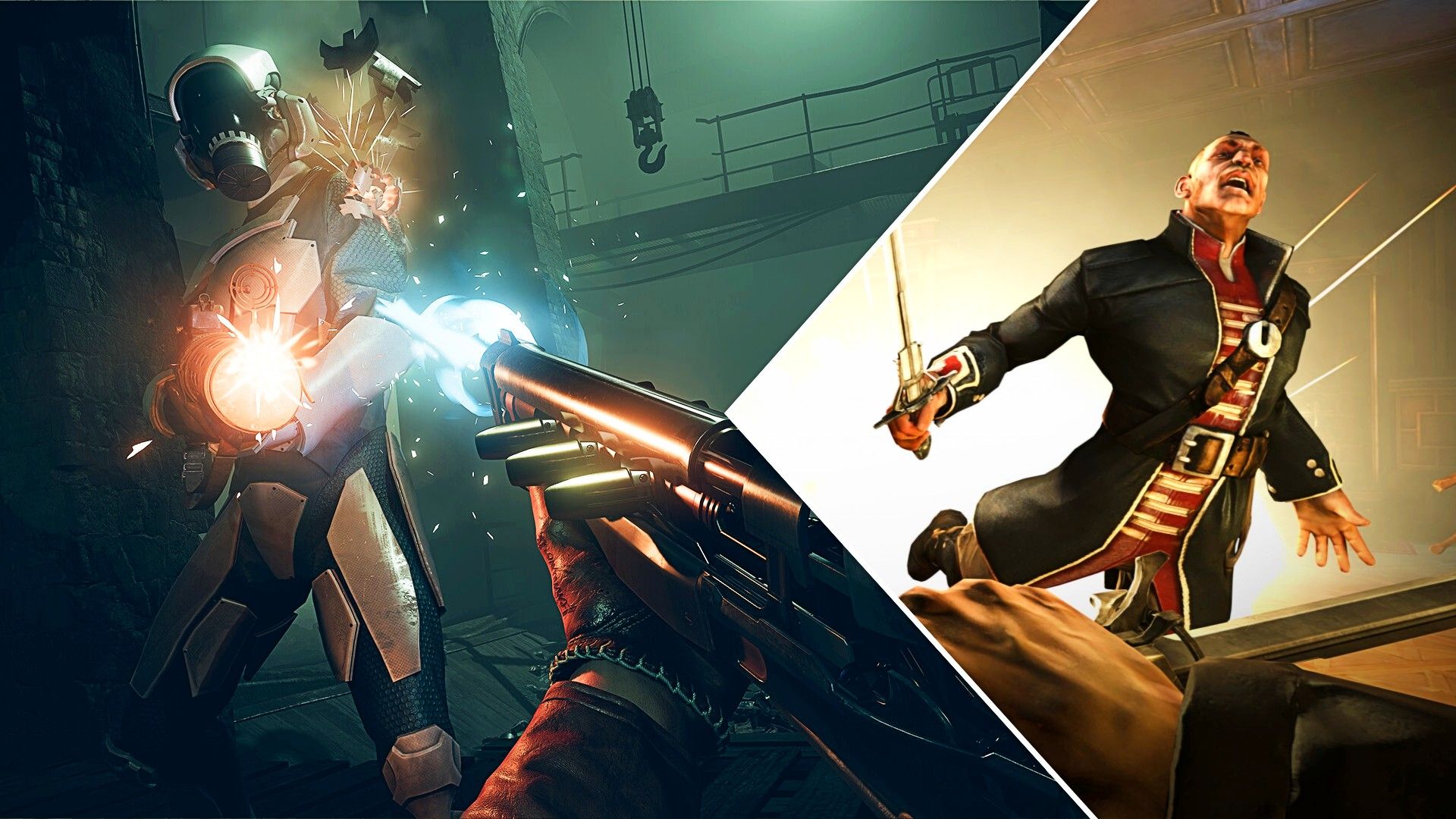
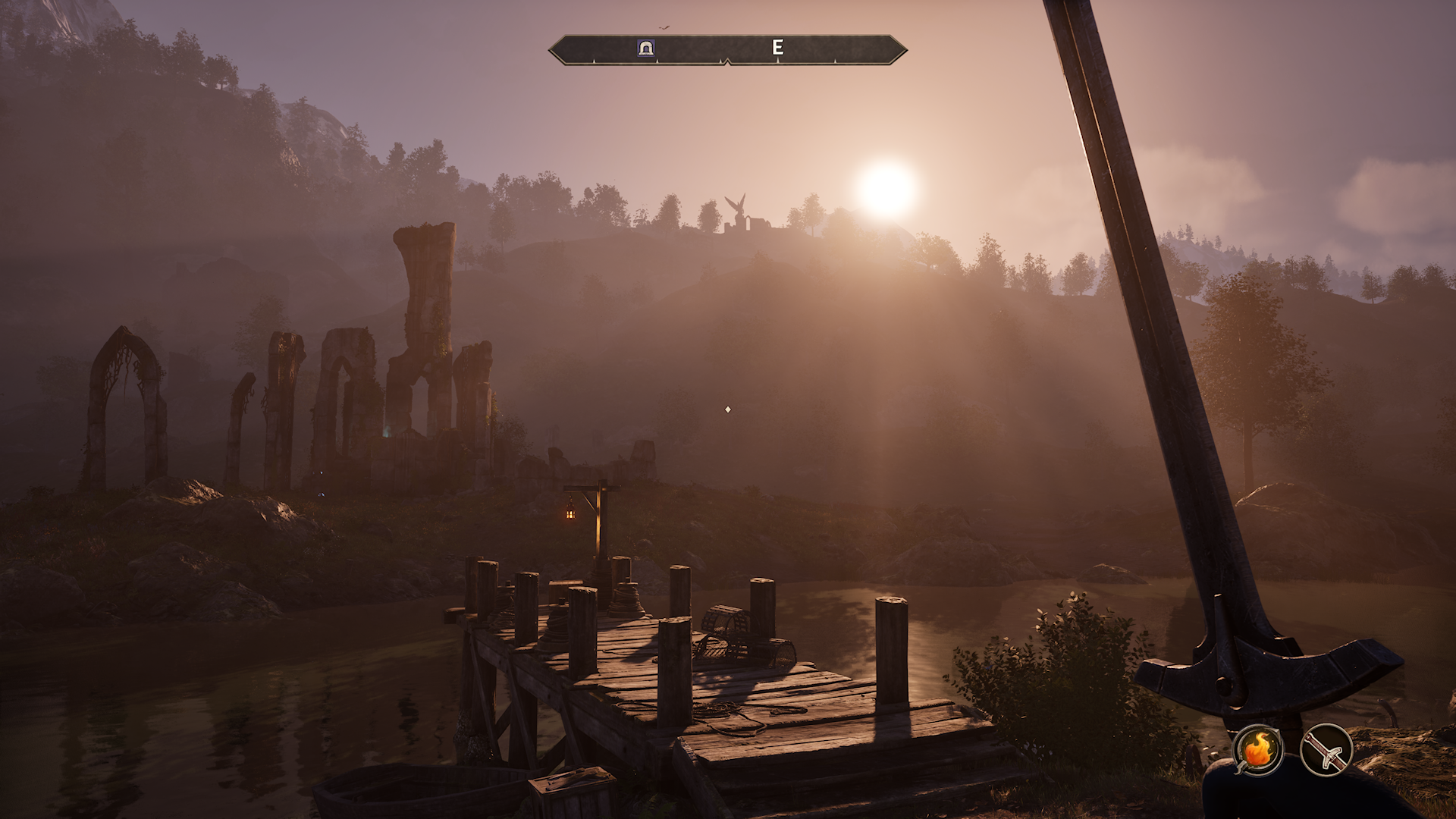


:max_bytes(150000):strip_icc()/GettyImages-769733963-fcd2447383ca48aa998227af2f7789a8.jpg?w=1174&resize=1174,862&ssl=1)

:max_bytes(150000):strip_icc()/how-to-backup-a-computer-to-an-external-hard-drive-5184117-11-73338a1b93454808a3feb155858e8a81.jpg?w=1174&resize=1174,862&ssl=1)
Leave a Comment
Your email address will not be published. Required fields are marked *